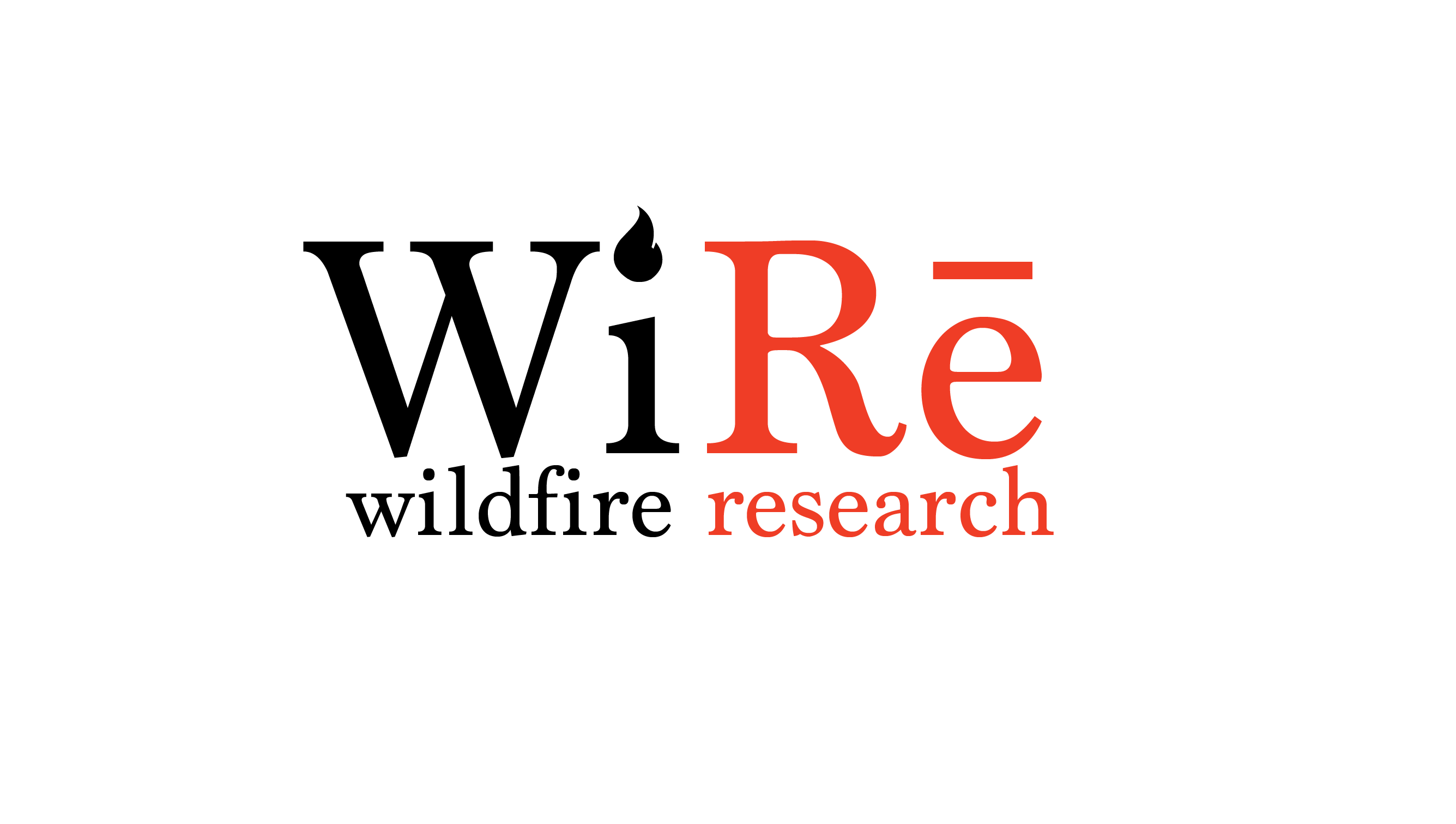Many people seem to think that the insurance industry can make a big impact on homeowner behavior related to wildfire risk. In fact, it can be hard to talk about the risk of wildfire without someone mentioning the role of homeowners insurance.
Insurance companies have indeed become more vocal about wildfire risk recently. However, not much is known about how effective these companies have been at reaching out to homeowners in the wildland-urban interface.
Our research offers some insight. For example, in a 2012 survey of residents of a fire-prone community in western Colorado, only 9% said they had ever heard about wildfire risk from an insurance company. Only half of those – 5% of our overall sample – reported ever having received information about how to reduce the risk of wildfire on their property from that company.
Compare that to the 68% who reported receiving that type of info from the local fire department, 44% from a neighborhood group such as an HOA, and 40% from the West Region Wildfire Council. From these numbers, it seems pretty clear that although insurance companies might be a voice in the effort to educate these residents about wildfire risk, they are not a particularly loud one.
In short, it remains an open question whether increased engagement by the insurance industry will significantly reduce wildfire risk in western Colorado. At this point, though, we have found little evidence of the industry influencing homeowners on a large scale.
data source: Meldrum, Barth, Falk, Brenkert-Smith, Warziniack, and Champ (2013). Living with wildfire in Log Hill Mesa, Colorado. Res. Note RMRS-RN-66. Fort Collins, CO: US Department of Agriculture, Forest Service, Rocky Mountain Research Station. 34 p.
